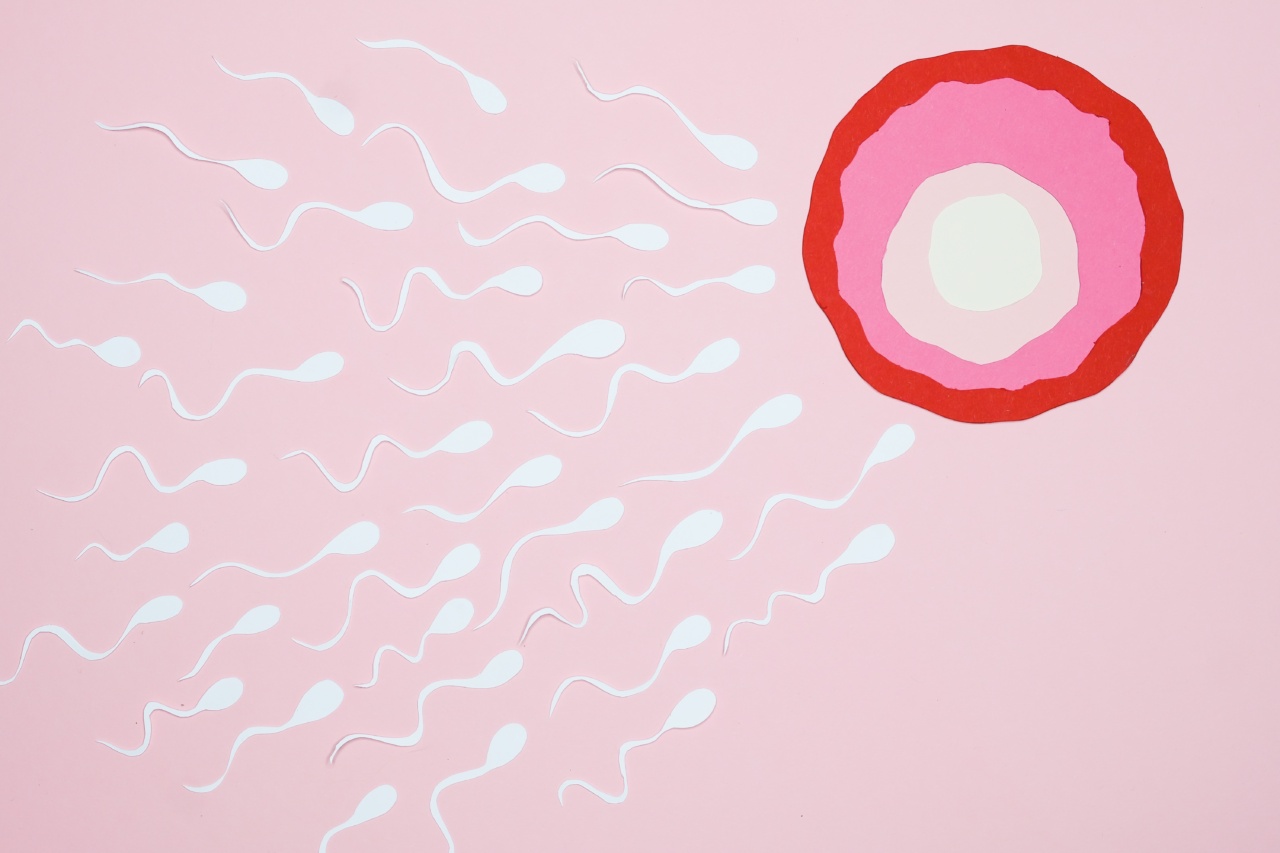Fertility is a crucial factor in the conception process. It refers to the body’s ability to produce healthy gametes (sperm in males and eggs in females) and eliminate genetic abnormalities that may cause infertility or developmental abnormalities.
When conception does not occur, it could be due to fertility complications in one or both partners.
Understanding Conception
Conception is the process of fertilization, which occurs when a sperm successfully penetrates an ovum (egg) to form a zygote. Conception marks the beginning of a new life and is critical to human survival.
The process of conception depends on different factors, such as timing, ovulation, sperm count, sperm quality, and many others.
How Fertility Affects Conception?
Fertility plays a critical role in conception because it decides whether the gametes are healthy, mature, and ready to produce a zygote.
Couples that experience difficulties in conceiving usually suffer from infertility issues, which can range from mild to severe problems of sperm count, quality, motility, etc. Likewise, women may experience ovulatory disorders, genetic disorders, or blockages that prevent fertilization or successful implantation in the uterus.
Factors that Affect Fertility
Several factors can impact fertility and affect conception. These may include:.
Age
Age is a significant factor that affects fertility in both men and women. Women are generally most fertile in their 20s and 30s and experience a decline in fertility after 35 years.
Men also experience a gradual decline in fertility after their mid-30s, which could affect the quality and quantity of sperm produced.
Endocrine Disorders
Endocrine disorders, such as polycystic ovary syndrome (PCOS), thyroid disorders, and diabetes, can lead to fertility problems in both men and women.
These disorders can affect hormone levels, ovulation, sperm count, and motility, leading to problems with conception.
Lifestyle Factors
Lifestyle factors such as smoking, alcohol and drug abuse, inadequate nutrition, and excessive stress can affect fertility and hinder the conception process.
These factors can affect the quality and quantity of gametes produced, lead to hormonal imbalances, and reduce sperm motility.
Medical Conditions
Some medical conditions such as sexually transmitted infections (STIs), cancer treatments, genetic abnormalities, and structural defects can affect libido, ovulation, and sperm production, leading to infertility and conception complications.
Environmental Toxins
Environmental toxins, such as exposure to pesticides, heavy metals, and radiation, can affect fertility by reducing sperm count and impairing hormonal function in both men and women.
Ways to Improve Fertility and Increase Chances of Conception
Several ways can improve fertility and increase the chances of successful conception. These may include:.
Eating a Healthy Diet
A healthy diet rich in fruits, vegetables, whole grains, and lean protein can provide essential nutrients required for optimal fertility and improve overall health status.
Avoiding processed foods, refined sugars, and unhealthy fats can also improve fertility rates.
Regular Exercise
Regular exercise can help maintain a healthy weight and reduce stress, which can improve fertility rates in both men and women.
A balanced exercise program, including aerobic activity, strength training, and yoga or stretching exercises, is essential for optimal fertility.
Reduce Stress
Chronic stress can affect hormonal function and reduce fertility rates. Engaging in stress-reducing activities like meditation, yoga, and massage can help lower stress levels and improve chances of conception.
Avoid Environmental Toxins
Avoiding exposure to environmental toxins, such as pesticides, heavy metals, and radiation, can help preserve gamete quality and reduce infertility rates.
Quit Smoking and Drug Abuse
Smoking and drug abuse can significantly reduce fertility rates in both men and women. Quitting smoking and avoiding drugs can improve fertility rates and increase chances of successful conception.
Seek Medical Treatment
If you experience infertility issues, seeking medical treatment can help diagnose and manage underlying conditions that affect fertility rates. Your doctor may recommend assisted reproductive treatment, surgery, or medications to improve fertility.
Conclusion
Fertility plays a crucial role in conception, and many factors can impact fertility and affect the chances of successful conception.
Understanding these factors, making lifestyle changes, and seeking medical treatment can improve fertility rates and increase the chances of successful conception.




























